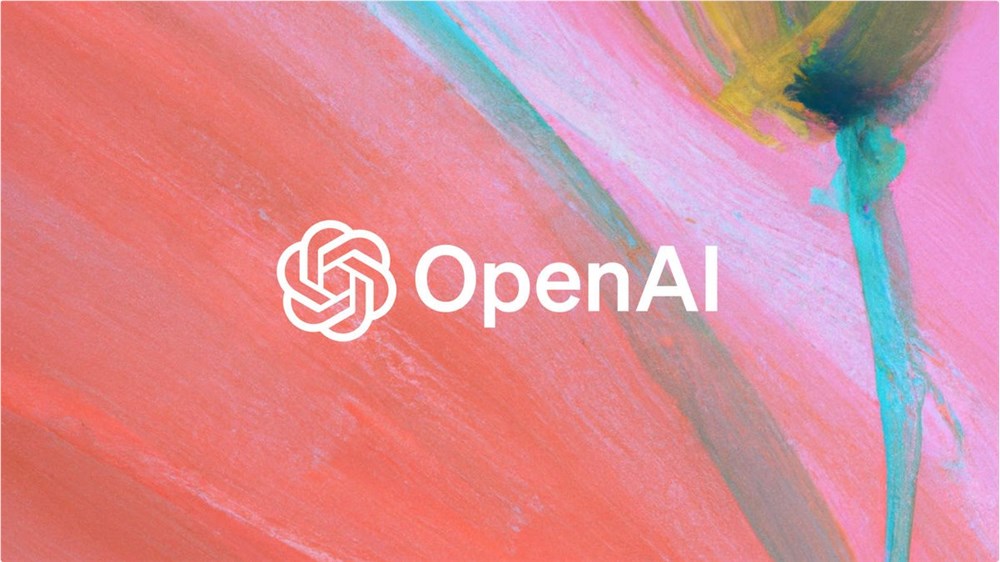OpenAI has recently experienced executive changes and brain drain. Chief Product Officer Kevin Weil was appointed to promote the company's commercial transformation. Behind this is a long-standing ideological dispute within the company between its non-profit nature and the pursuit of commercial profits, which has attracted widespread attention in the industry and attracted strong opposition including Musk and Zuckerberg.
An unexpected personnel change allowed OpenAI chief product officer Kevin Weil to temporarily take the stage at the San Francisco Marriott Hotel. This Silicon Valley product guru who once created business miracles at Twitter and Instagram now shoulders the important task of commercial transformation of OpenAI. Just a few days ago, the sudden departure of the company's CTO Mira Murati once again put OpenAI at the forefront.
This executive change is no accident. Over the past year, OpenAI has experienced waves of talent losses, including the departure of heavyweights such as the CTO, the director of AGI readiness, and the co-lead of the Sora video generation model. This reflects the long-standing ideological debate within the company: Should we stick to the original intention of the non-profit AI laboratory, or should we turn to a technology giant pursuing commercial profits?

In this wave of transformation, OpenAI is accelerating the expansion of its commercialization team. Currently, among the company's 1,600 employees, the sales team has expanded to 300. Lionetti, the new sales director, is even more ambitious, planning to achieve annual revenue of US$100 billion in 2029. At the same time, the ChatGPT platform is also evolving into a "super APP", launching new features such as real-time search, advanced voice and map integration.
However, OpenAI’s transformation journey has not been smooth sailing. Financial data shows that the company suffered a net loss of up to US$3 billion in the first half of 2024, and the total loss is expected to reach US$44 billion in the next five years. The high cost of model training and R&D investment forces the AI giant to speed up the pace of commercialization.
The shift sparked a backlash, including from Musk and Zuckerberg. Musk, an early co-founder of OpenAI, even filed a lawsuit accusing the company of deviating from its original non-profit commitment. Zuckerberg called on the California Attorney General to block this transition, believing that it would set a dangerous precedent.
Faced with heavy pressure, OpenAI is exploring new revenue models. From product innovation to advertising monetization, from enterprise services to API interfaces, the company is trying to find a sustainable business model while maintaining technological leadership. However, in the field of AI, how to balance commercial interests and social responsibility is still an unresolved problem.
This transformation is not only related to the future of OpenAI, but also will affect the development direction of the entire AI industry. In the increasingly competitive AI track, every step OpenAI makes will provide an important reference for industry development.
OpenAI's road to commercialization transformation is full of challenges. Whether it can successfully balance commercial interests and social responsibilities will have a profound impact on the AI industry and deserves continued attention. Let us wait and see what the future development direction will be.